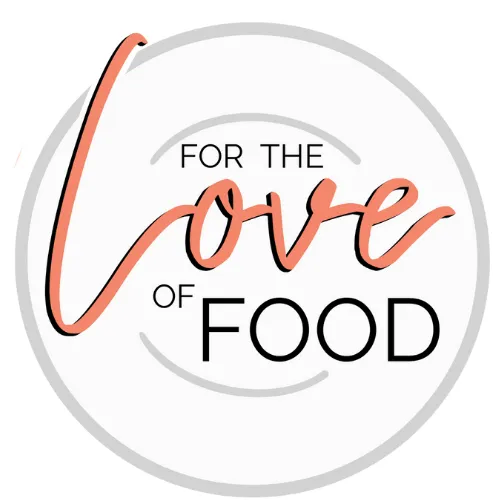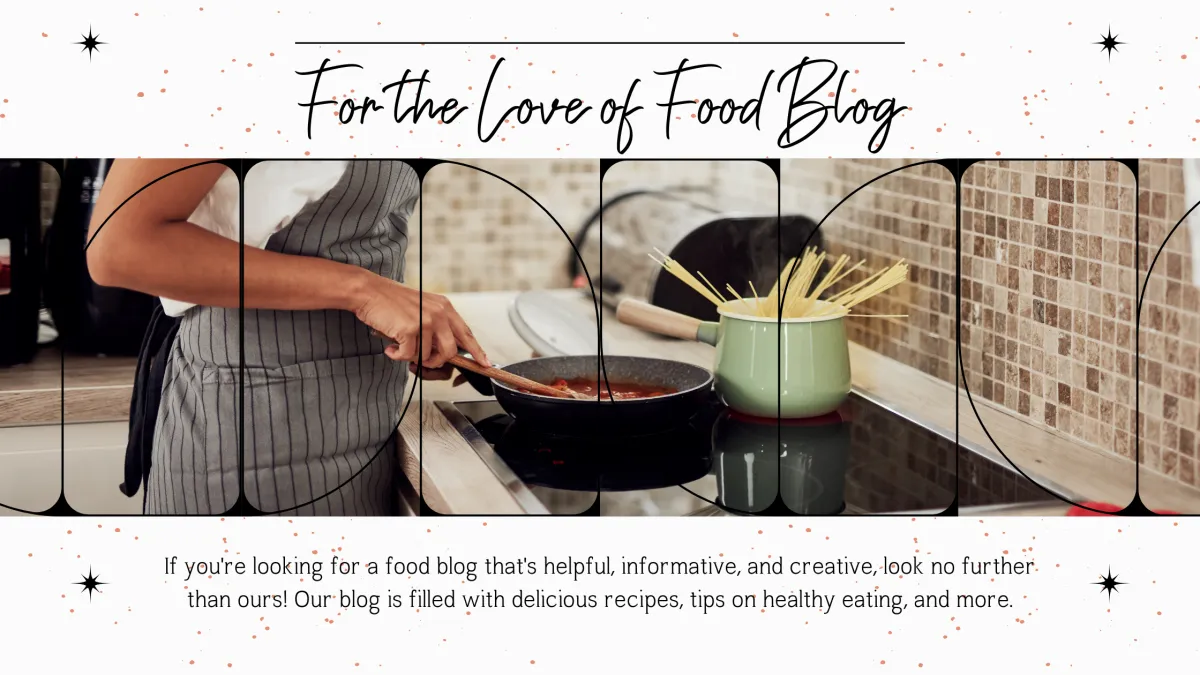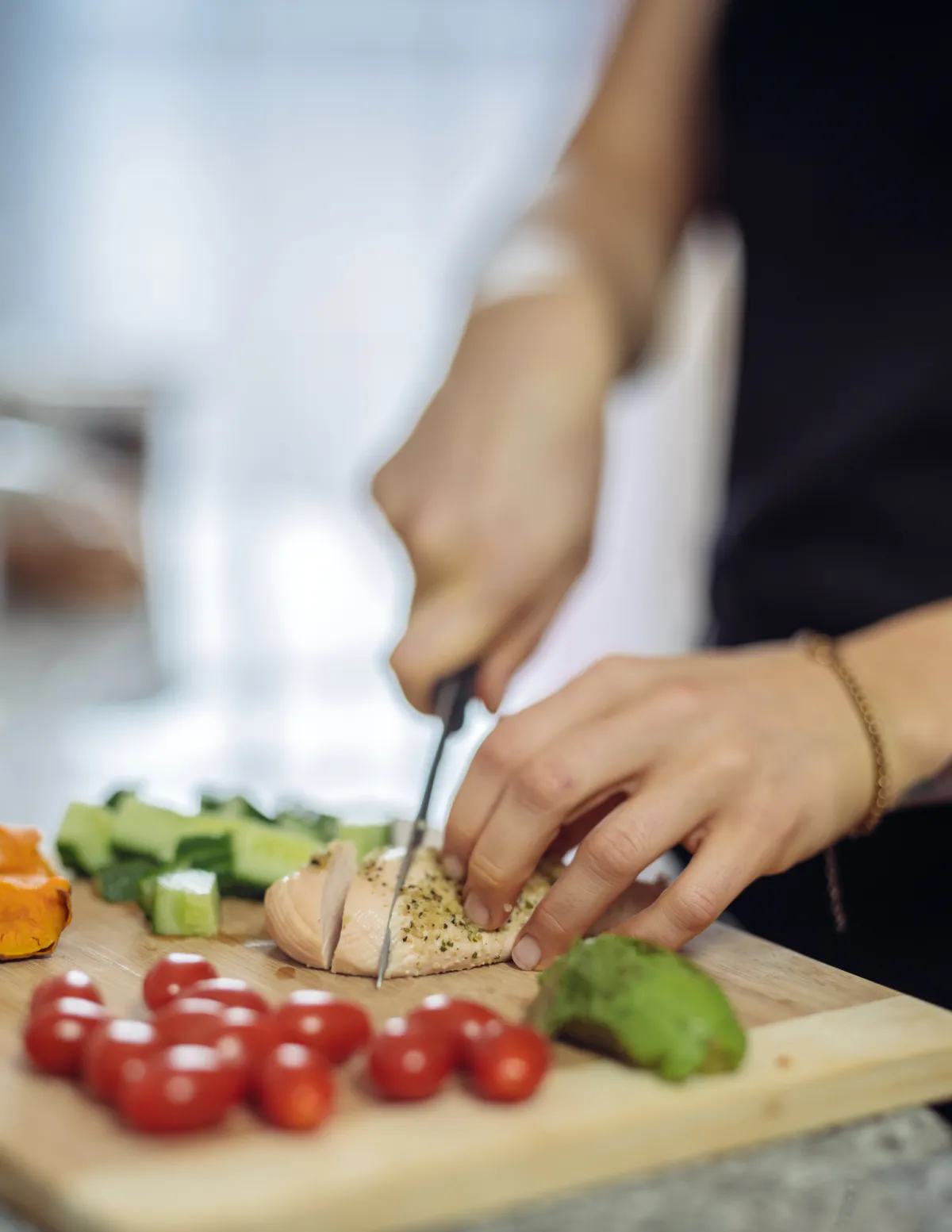


My Top 5 Cooking Tips
Sometimes, the things that make you great in the kitchen have nothing to do with cooking! I know, I know, not what you were expecting me to say, but hear me out. Today I want to share with you 5 tips that are going to help you bring organization to the kitchen. If you do nothing else, at least try these 5 tips out - I promise you they will make your life easier!
Read The Entire Recipe Before You Start
For reducing overwhelm and getting organized in the kitchen, this step is KING. Go through each step of the recipe and make sure you are clear in what you need to do. When I first started out in the kitchen, this was something I often overlooked. Although this won’t make or break your meal, it will save you some potential headaches and time. For example, step one says to put a pot of boiling water on the stove. Then you get down to step 4 and it says to add some sauce to a small saucepan and heat it up. Now let’s say you have a small and a large pot. You may put the smaller of the two on the stove with the water. You realize you need the smaller ones for the sauce, and should have used the larger one for the water. By reading over everything at the beginning, you would have saved your time. You wouldn't need to make this switch or wash extra dishes.
Set Up Your Workspace
Organization is key in the kitchen. By spending a few extra minutes, in the beginning, you will save yourself time while cooking. And you’ll save yourself the overwhelm. Go through and make sure you have a nice clean workspace. Then take out everything you need. Ingredients, cutting boards, mixing bowls, knives, vegetable peelers, etc. This will make sure that you aren’t scrambling to find something mid-way through cooking. Risking something burning, or you getting hurt.
I want to share a quick story here, to show how such a simple thing can save you a MASSIVE headache. I came home from work late one night and decided to whip up some quick pasta and tomato sauce for dinner. The counter still had dishes on it that needed to be loaded into the dishwasher. Instead of taking a few moments to clean my workspace and I started cooking. I put one pot of water on the stove to boil, and a second pot on the stove to heat the tomato sauce.
I realized I had some fresh basil in the fridge and decided I would chop it up to add to my dish. I pulled out a small cutting board and put it at the edge of the counter where there was some available space. Two cuts in, my knife slipped, and I chopped off the tip of my finger. I will save you the details, but the evening resulted in a trip to urgent care. Weeks of a bandaged up finger, and months later I still had weird sensations in my fingertip.
So what's my point here? I traded 5 minutes to clean up my workspace for 3 hours in urgent care. Not to mention the pain and discomfort of having a missing fingertip.
Clean As You Go
I was fortunate enough to have a mother that taught me this step way before I went to Culinary School. Don’t wait until after you've made your meal and leave your kitchen looking like a bomb went off. As you use your ingredients, put them back into your fridge or pantry. When you are finished with bowls, utensils, load them straight into the dishwasher. Waiting for your casserole to bake? Wash some things that can’t go in the dishwasher. And if you will do none of these little shortcuts, at least do one - wipe down your countertop as you go! This is not only a time-saver but CRUCIAL in preventing cross-contamination.
Taste Your Food Before Seasoning
Let’s talk about salt for a moment. When you read your recipe, it is going to get to where it will tell you to season with salt and pepper. No, this is not the part where I tell you salt is bad and omit this step. But what I am telling you is you should taste your food first. Salt helps to bring out the natural flavours of the dish and is necessary. But depending on the ingredients you are using, the amount you are adding will change. For example, if you have sauteed something in salted versus unsalted butter. Some seasoning has already been added so you will need less.
Recipes Are Only A Guideline
This tip may seem tricky, particularly at first. But the more you cook, the more you will feel comfortable adjusting to suit your taste. Yes, there are some parts of the recipe that will need to be a little more exact. For example, you are making a roux (flour and butter) to thicken a cream sauce. The ratio of flour to butter should be one to one. But, if your recipe calls for a clove of garlic and you LOVE garlic, throw in two or three. Practice makes perfect here. The more cooking you do, the more comfortable you will feel to tweak things.
There you have it. My five tips. Working smarter not harder is my motto not only in the kitchen but in life. Implement these today and you will quickly lose the overwhelm in the kitchen.

